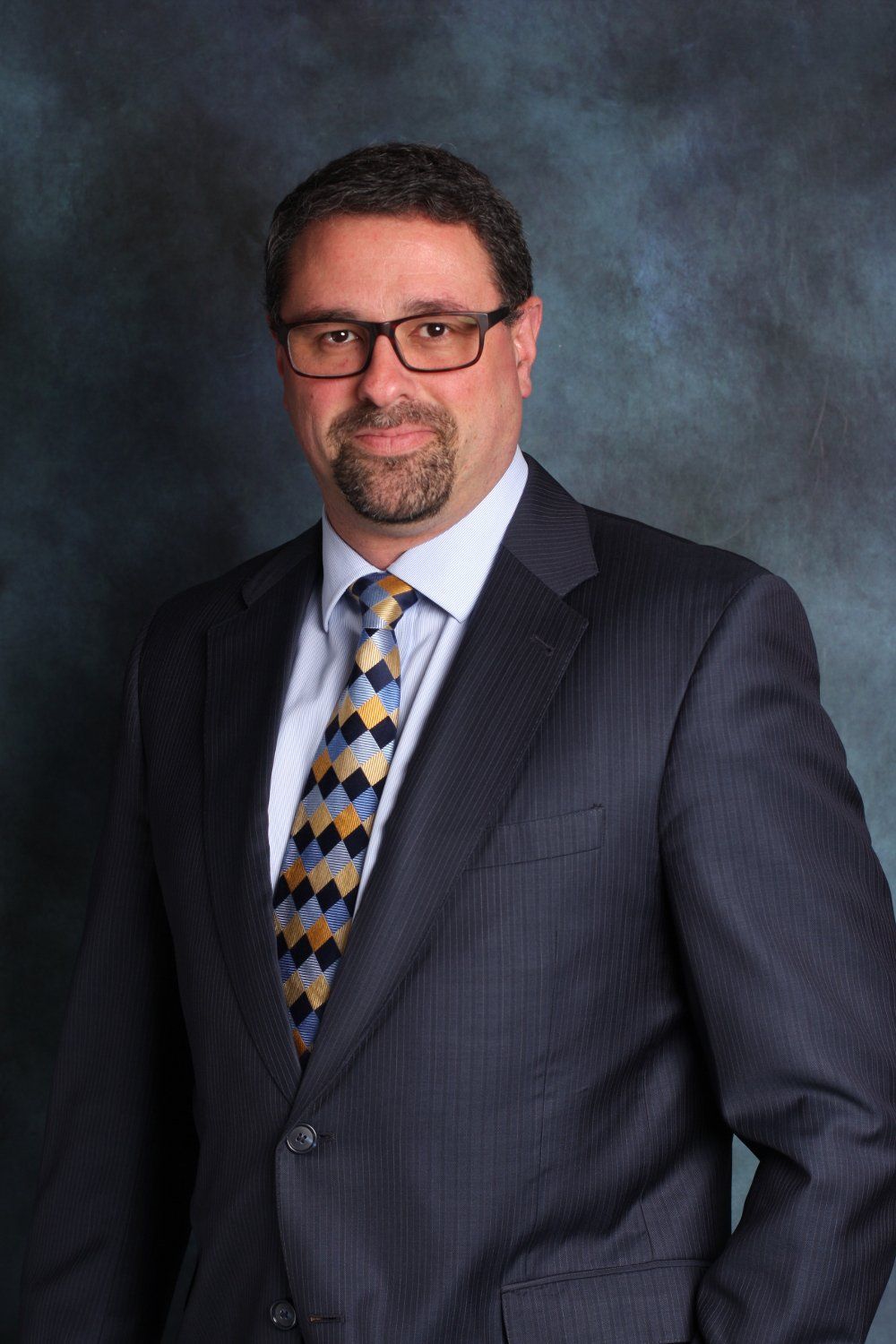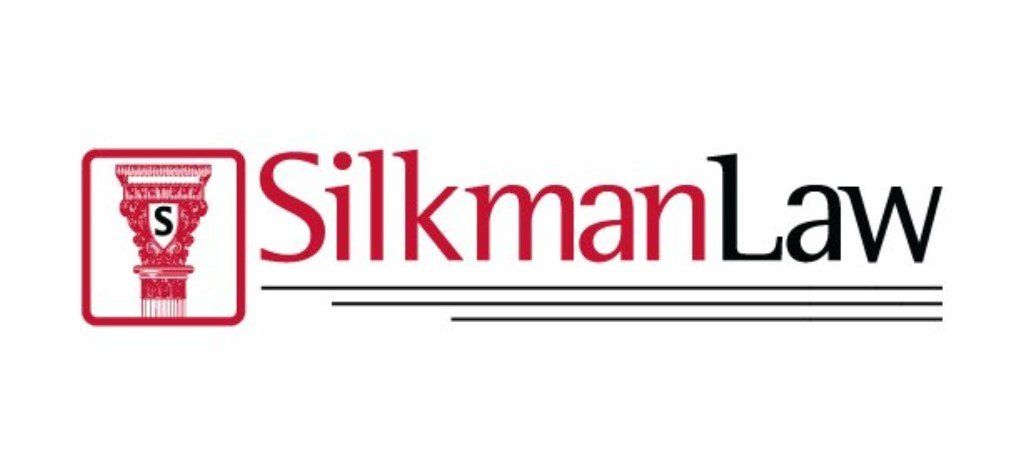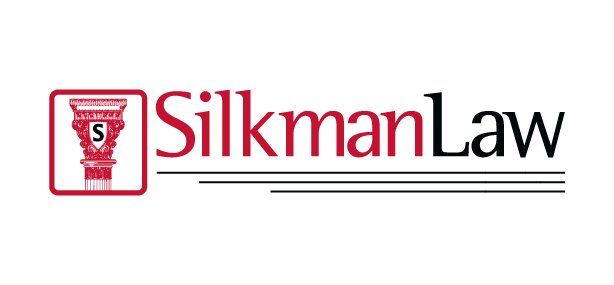Case Resolution Conference (CRC)
What is the conference?
A Case Resolution Conference (CRC), Pre-Charge Case Resolution Conference (PCRC), or Disciplinary Committee for Case Resolution (DCCR) is an informal, off-the-record meeting with several members of the board to determine if your case can be settled without the need for the case to be charged or go to an evidentiary hearing.
Is the conference a hearing?
The conference is not a hearing. You do not get to testify, introduce witnesses, confront your accuser, cross examine witnesses, or introduce documents into evidence.
It is also not "on the record," meaning that what occurs at the conference is not recorded or transcribed.
Who attends the conference?
The following individuals are usually present: (a) the prosecutor; (b) you and your attorney; (c) several board members; (d) the board's in-house attorney; and (e) a few administrative staff who work for the board.
If you have a pre-charge case resolution conference, a prosecutor will not be present because the board has not yet referred the case to a prosecutor.
What happens at the conference?
During a CRC or DCCR, the prosecutor will present his or her case against you. The prosecutor's presentation usually mimics the allegations made against you in the complaint and/or charging document. The prosecutor will then make a recommendation to the board members as to what should happen to your license.
Prosecutor's almost always recommend some type of disciplinary action and/or a monetary penalty. The prosecutor's position and recommendation are not necessarily those of the board members, or board generally.
After the prosecutor presents his or case, you and your attorney present your case. You should be prepared to discuss the facts of your case, as well as lessons learned from what happened. The purpose is to provide the board members with an overview of your case, not to discuss or refute every single fact of your case (that is what an evidentiary hearing is for). If you are not familiar with the sanctioning guidelines that apply to your case, you should consult an attorney prior to the conference.
Once you and your attorney have presented your case, you and your attorney make a recommendation as to what should happen to your license. In some cases, the recommendation is dismissal of the charges, or a non-disciplinary remedy such as an advisory letter. In other cases, the recommendation might be disciplinary action and/or a monetary penalty.
The board members can ask each side questions. Either you or your attorney can respond to questions.
The board members then ask everyone to leave the room while they discuss the case. Once they have made their decision, they ask everyone to come back into the room. The board members then make an offer to you to settle your case.
How long does it take?
Most conferences usually last approximately 30 to 90 minutes.
What is the settlement offer made by the panel members?
The settlement offer made to you at the conference can can range from dismissal of the case, to non-disciplinary action, all the way up to discipline and/or a monetary penalty.
The offer made by the board members is final. It cannot be re-negotiated or revised. You have the option to accept the offer as is, or reject it as is.
If you reject the offer, your case will proceed either to charges (if it has not been charged yet) or an evidentiary hearing, or both.
If you accept the settlement offer, both the offer made to you and your acceptance of the offer need to be approved by the full board at a board meeting. The panel itself cannot finalize your case.
How long do I have to make a decision?
You are usually given 7 to 14 days to either accept or reject an offer made to you at a case resolution conference, but the board can require that you make a decision on the spot.
You must be prepared to make a decision at the conference just in case the panel requires it.
Frequently Asked Questions - Licensing Board Cases

Cory Silkman
Professional License Defense Attorney
Mr. Silkman is an experienced professional license defense lawyer who represents healthcare providers in Maryland. He is recognized by the National Association of Distinguished Counsel.
As both a healthcare provider and lawyer, he has represented hundreds of healthcare providers for licensing board cases.
Call today to discuss your upcoming case resolution conference or DCCR and see how an attorney can help.
Convenient locations in Towson, Fulton, Rockville, and Annapolis. Telephone and video meetings are also available.


